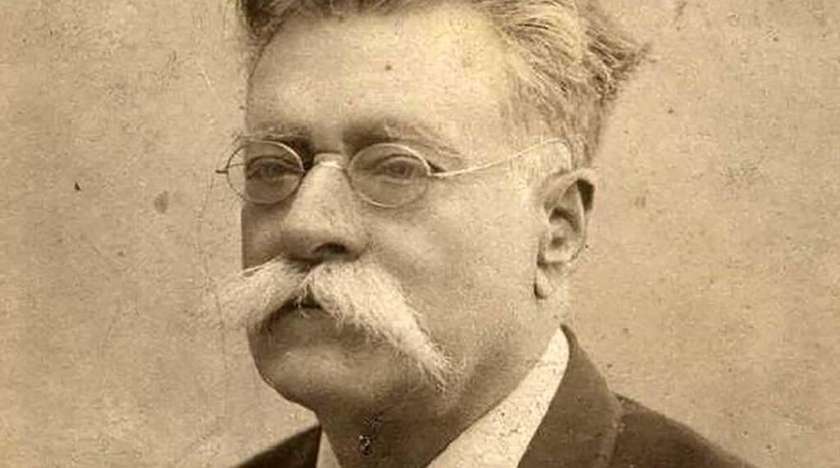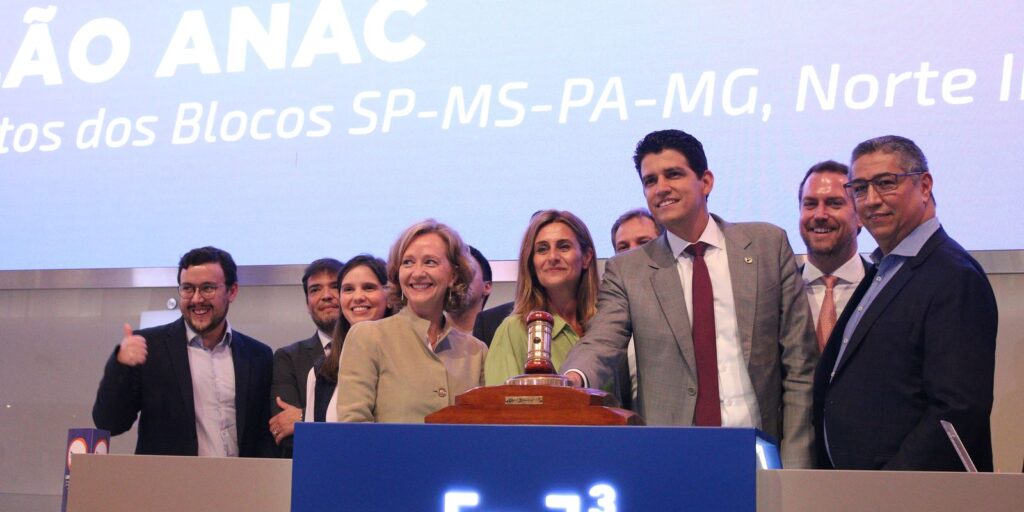A Greater investment in roads and infrastructure, telecommunications, technological facilities and educationare part of the menu of proposals that the bankers raised in the Banking Convention to improve competitiveness and help reduce poverty and inequality.
(What Bancolombia proposes to avoid over-indebtedness).
In the panel ‘Sectoral Competitiveness and the Financial Sector’, Ana Fernanda Maiguashca, president of the Private Competitiveness Council; Juan Carlos Mora, president of Bancolombia; Luis Carlos Sarmiento Gutiérrez, president of Grupo Aval; Javier Suárez, president of Banco Davivienda, moderated by Francisco Miranda, director of Portfolio, discussed the country’s challenges in this area.
They all agreed that the financial sector has a fundamental role not only to irrigate credit to remote regions, but also to small producers so that they can develop their activities and on which efforts should be concentrated.
Maiguashca said that “this is a country that has enormous challenges in terms of productivity” and added that Colombia is not managing to boost the economy in terms of its ability to continue growing and warned that: “There is no social policy if there is no competitiveness policy and productivity”.
(Set three alerts to prevent credit deterioration).
According to Juan Carlos Mora, president of Bancolombia, to improve competitiveness it is key make visible the millions of small businesses and producers that due to high informality do not exist.
“We need many more people to have opportunities, especially those in the regions, and this is achieved through credit, with state guarantees, where entities such as the Agricultural Guarantee Fund and the National Guarantee Fund are key,” said the executive.
Javier Suárez, president of Davivienda, said that Colombia has had achievements in competitiveness, but more needs to be done and recalled that the entity he presides over carried out a pilot project in Concepción, a municipality in Antioquia, “which allowed cash to be eliminated from daily transactions of people , which, without a doubt, is a great advance in access to means of payment in the country, a fundamental factor to generate well-being and competitiveness”.
Suárez insisted that on this path there is no need to loosen up, since there is still some ground to cover, but for that connection is required in every sense, so that the financial sector can further support the countryside, the micro, medium and small producers.
(‘Open banking’, beyond sharing data).
“Digital connectivity is key to reaching these remote places, but another fundamental element has to do with the development of roads and more infrastructure, since it is necessary to connect the country digitally, but also in terms of land,” he said.
Luis Carlos Sarmiento Gutiérrez, president of Grupo Aval, spoke along these lines. He began his speech by expressing his disagreement with those who believe that the financial sector “is a parasite that sucks development from the agricultural and industrial sectors.” “To those who think like this, I say that it is quite the opposite, that this is the backbone of the Colombian economy.”
().
And to ratify that this is so, I need that the financial sector contributes to the country’s productivity and competitiveness, through the offer of credits, the correct management of the savings of the members of the pension and severance funds and the investment in the infrastructure development.
“Contributions to first-rate philanthropic works, such as the Cancer Treatment and Research Center (CTIC), undoubtedly also contribute to strengthening the country’s competitiveness,” he pointed out.
He added that of the nearly $600 billion lent by the financial sector, almost $150 billion have been lent by the Aval banks. “They are levers of growth, productivity and competitiveness of thousands of companies and millions of Colombians.”
BRIEFCASE


















